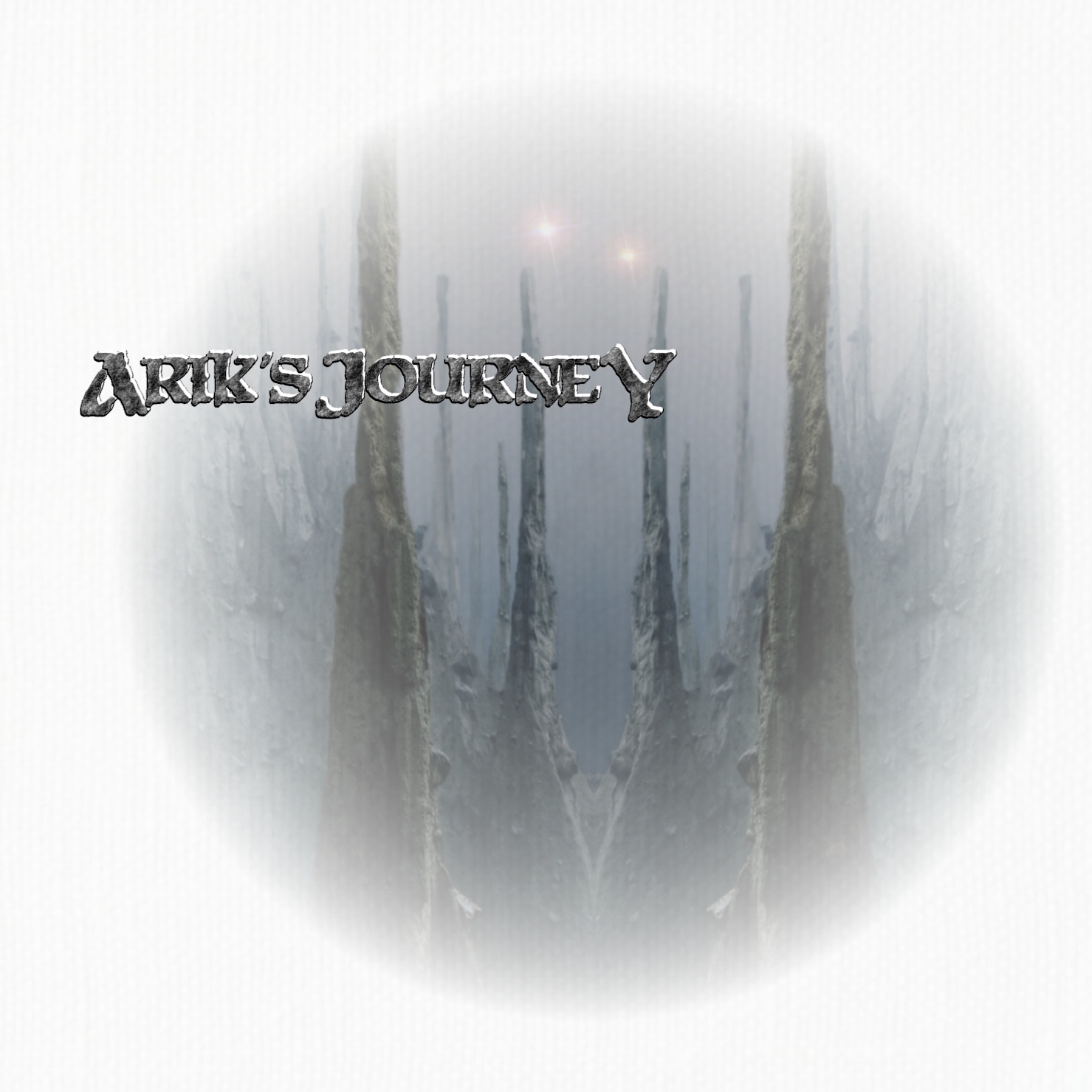
For some fans, its the World Cup, the Stanley Cup, or the World Series. For others, its Michelin starred restaurants. Back once long ago, there was even the Holy Grail. When passionate about something, we humans tend to have an unexplainable intensity in jubilation for some kind of quest. For this writer, discovering a new, hitherto unknown and artist, often by sheer chance during long exploratory forays on the internet, and falling literally head over heels with a new talent is a pursuit I will never tire of.
Enter stage left Ian Hill, an independent multi-instrumentalist from Manchester in the UK, who is NOT the long-time bassist of Judas Priest but has ‘spent his life thrashing out chords on numerous guitars or coaxing ethereal soundscapes out of various keyboards and synthesizers’. Over the decades, he has played in many bands that have not hit the limelight (Moonchild, Rhino, and Red Sky), in a style near the hard rock à la Status Quo, Free and Purple but also personally grooving on Vangelis, Oldfield and Genesis. Suffice to say that Arik’s Journey is a decades-old demo that sat occasionally tweaked but never finalised until the recent Covid pandemic gave Ian (like all of us) a lot of free bunker time to ponder our fate as well as revisiting old memories or projects long shelved by a hectic lifestyle. I had a feeling that a 3-track suite just might do the trick, so I pressed ‘paypal’ and downloaded the album. As a long-standing rule, any new first-time artist gets the same listening treatment, so as to erase any prejudicial jumping to conclusions that I may later regret. I lend a distant ear at relatively low volume while typing, working, or writing. After the initial spin, I asked myself “what was that?”, as I could not yet identify the various transitions and recurring themes so, I immediately went for a second plunge, this time without any outside distraction (no phone, no tv, no web, no cat, no wife, and the hell with the doorbell) and raised the volume considerably. A day later, with the third audition, I fell totally in love.
Ian Hill will take you on an adventurous journey (as befits the album’s title) that will not require a passport, visa, or a vaccine certificate. It will conjure images of Vangelis, Oldfield, Hackett, and company, but I heard a close connection to one of my top 10 albums all-time, the perennial Sunday morning classic ‘Slow Dance’ from Anthony Phillips! I would also add similar winks to Colin Masson (The Morrigan) and British composer Ian Neal. Hill offers a musical travelogue, flush with finesse, elegance, and structural discipline, magically depicting pastoral summits and valleys, expertly painting streams, and oceans, infusing a sense of the aroma of both wood and sand, with a clear and unshakable focus on beautiful sounds and cinematographic atmosphere.
Let me now be your guide as we discover the dawn of chirping birds, as the sun creeps over the horizon, a church bell tolling discreetly in the morning dew and rouses the night from its restful torpor. Ian unleashes the first grandiose theme, clanging and repetitive acoustic guitar arpeggios amid the expanded mellotron waves, with a deep grooved bass that will recall a brief passage on Yes’ “Gates of Delerium”, adding a twinkling piano as adornment to the top of the morning. A pastoral flute rises in company of the glorious string mellotron, deliberately reinforcing the main melody, with a transition into athletic bombast as the muscular drums kick the day into gear, ready for another adventure to begin. The choir mellotrons are celestial, as if to announce the engines revving into full throttle, as the slashing guitars compete with the energetically propulsive bass guitar, the drums pounding mightily and a lead guitar that sizzles, glitters, and shimmers luminously. The variations are to be commended, as there is no rush to arrive at the destination, the journey there is what is paramount. An acoustic guitar proclaims the main theme of the album, which will come and take a few bows further into the trek, crushingly simple and outrageously gorgeous when repeated on the lead electric (this is where I looked up on the first listen), a tangible earworm that should thrill any music lover, especially when those evil mellotrons throw in their mighty sound!
An ornate solo piano introduces a new horizon on part 2 , a complete change of scenery, as the innovative second theme has a distant Eurasian tinge, a zither-or cimbalom like sound, with windy synths and mellotrons in tow, emanating a strong Oldfieldian feel, as the transition to a nearly Celtic reel or jig, a repeated and hypnotic dance kicks into full flurry, the electric guitar carving with intense precision, binary drums in bashing mode, zippy synths, synthetic choirs and all swaying within a tight and insistent melody . Mind blown! Transition back to the previous theme, dark storm clouds disrupting the party with thunderous splashes of syncopated sound, a Mike Oldfield /Colin Masson guitar sizzle and a chanting backing vocal section to take this to the stars, and even beyond. The multiple variations and insistent repetitions are both extraordinary in the images they procure in one’s imagination. Calm is restored with a lovely picked acoustic passage straight out of ‘Ommadawn’ (a huge inspiration for this artist) and a return to the initial piano recital, ending what it had thus started. How about a little bit of…. tubular bells to put this to bed? Clinically passionate, intensely atmospheric, and melodically sophisticated. Mind blown!
Part 3 suggest a more playful premise, very much like a child-like fantasy world of chimes, bells, triangles, and magic dust, though the arrangement here is outright evocative of the Far East, as if Stomu Yamash’ta had joined in on the parade. The beat is reminiscent of Japanese Taiko drums beating in unison, koto-like phrasings on the e-guitars and s sense of cherry blossoms perfuming the air, as the melody takes a gentler tangent, birds chirping once again as they announce the impending arrival of nighttime, the glorious finale of a life adventure well lived, very Vangelis-like in its orchestral scope. The main theme returns for a final hurrah, in gracious benevolence, flush with contentment and finally grateful for the entire experience before retiring for the evening. The morning theme in Part 1 is now replicated but with a different urgency, one of acceptance, and of gratitude. The piano au revoir is perfect.
Immediately placed on my Sunday morning playlist, right behind the afore mentioned Slow Dance, and in the company of its many confreres, such as Songs from the Distant Earth, Gryphon’s Red Queen to Gryphon Three, Hostsonaten-Summereve, Patrick Broguiere’s Mont St-Michel and Gian Castello’s Taliesin.
Bravo Ian, it took a few decades to get it done. The hare always loses to the turtle.
5 patient Mancunians
https://musicianhill.bandcamp.com/album/ariks-journey








